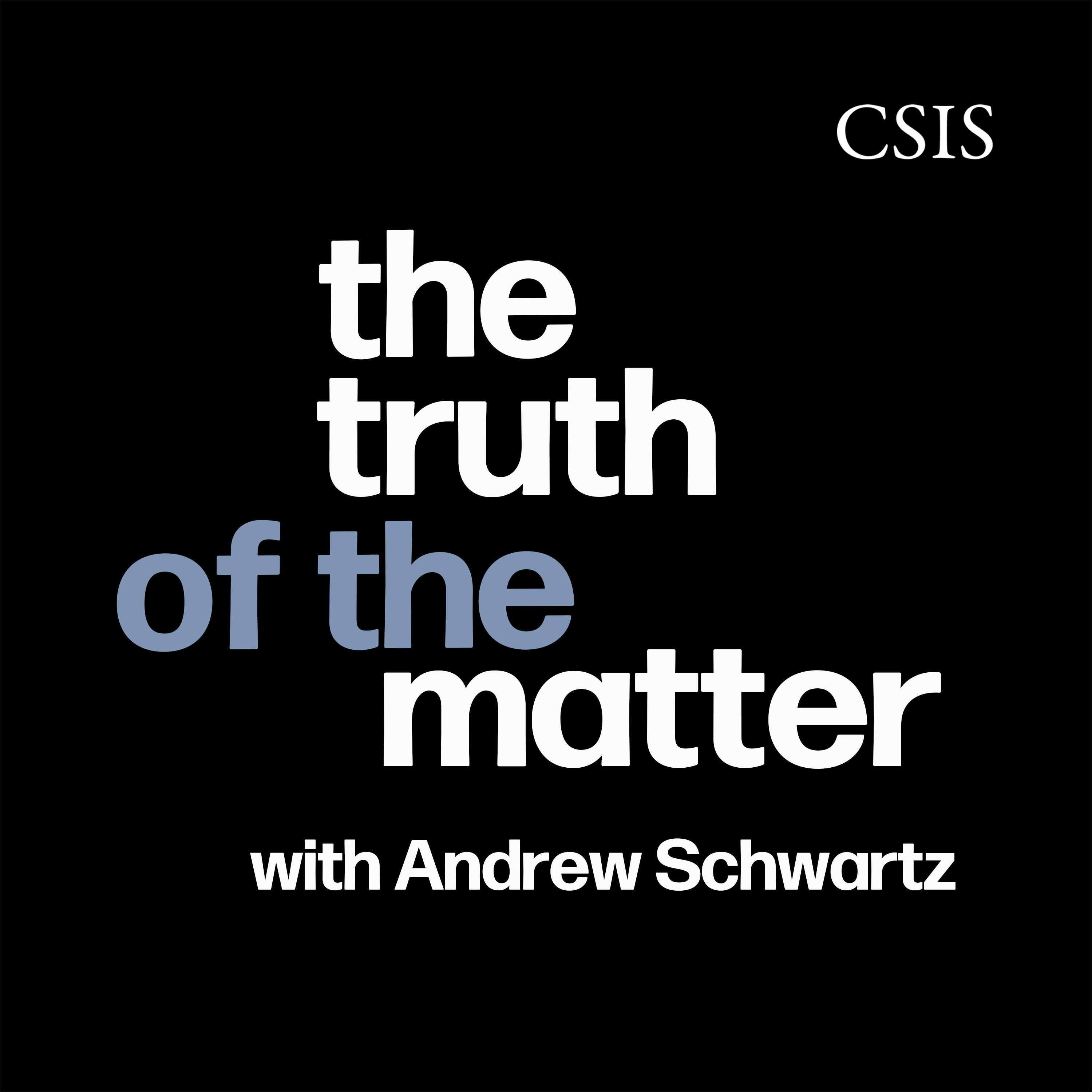
Omicron Up Close in South Africa

The Truth of the Matter
Shownotes Transcript
Dr. Richard Lessells is among the exceptional South African experts on the front lines of discovering and investigating Omicron in South Africa. Alarm bells went off within the scientific community, as it became clear after just a few days that “an extraordinary number of mutations” are clustered in the key regions in the genome for immune protection and transmissibility. It was a “gut feeling. ” Omicron is highly transmissible, spreading very efficiently in a population with high levels of immunity gained from previous infection and in some cases from vaccination. How long to know just how dangerous Omicron is? It’s “too early to tell.” Lab work is underway to understand whether the virus affects T cells which are central to immune protection against severe disease. Why do we see such an unusual variant in South Africa? One theory, which Omicron may shed light on, is that the SARS-CoV-2 virus finds hosts who are very immune-compromised, persons living with HIV but not on anti-viral therapy. These individuals have difficulty clearing the virus, which permits it to replicate constantly over a very long period. Is this moment a pivot in the pandemic? That depends on whether Omicron significantly sets back vaccine protection, which would be a “step change.” Will this moment shock the world into more concerted global action, superseding the pattern of “vaccine apartheid”? “I remain skeptical.” In the meantime, we have to fight against Omicron being fitted to a politicized narrative: by anti-vaccine groups, to tell the story that vaccines do not work. By others, to argue that there is nothing to worry about, that the virus is becoming less pathogenic, based on anecdotal evidence.
Dr. Richard Lessells is an infectious disease physician at the University of KwaZulu-Natal, in Durban, South Africa. He is a member of the Network for Genomic Surveillance in South Africa, and a researcher at CAPRISA, the Centre for the AIDS Programme of Research in South Africa.